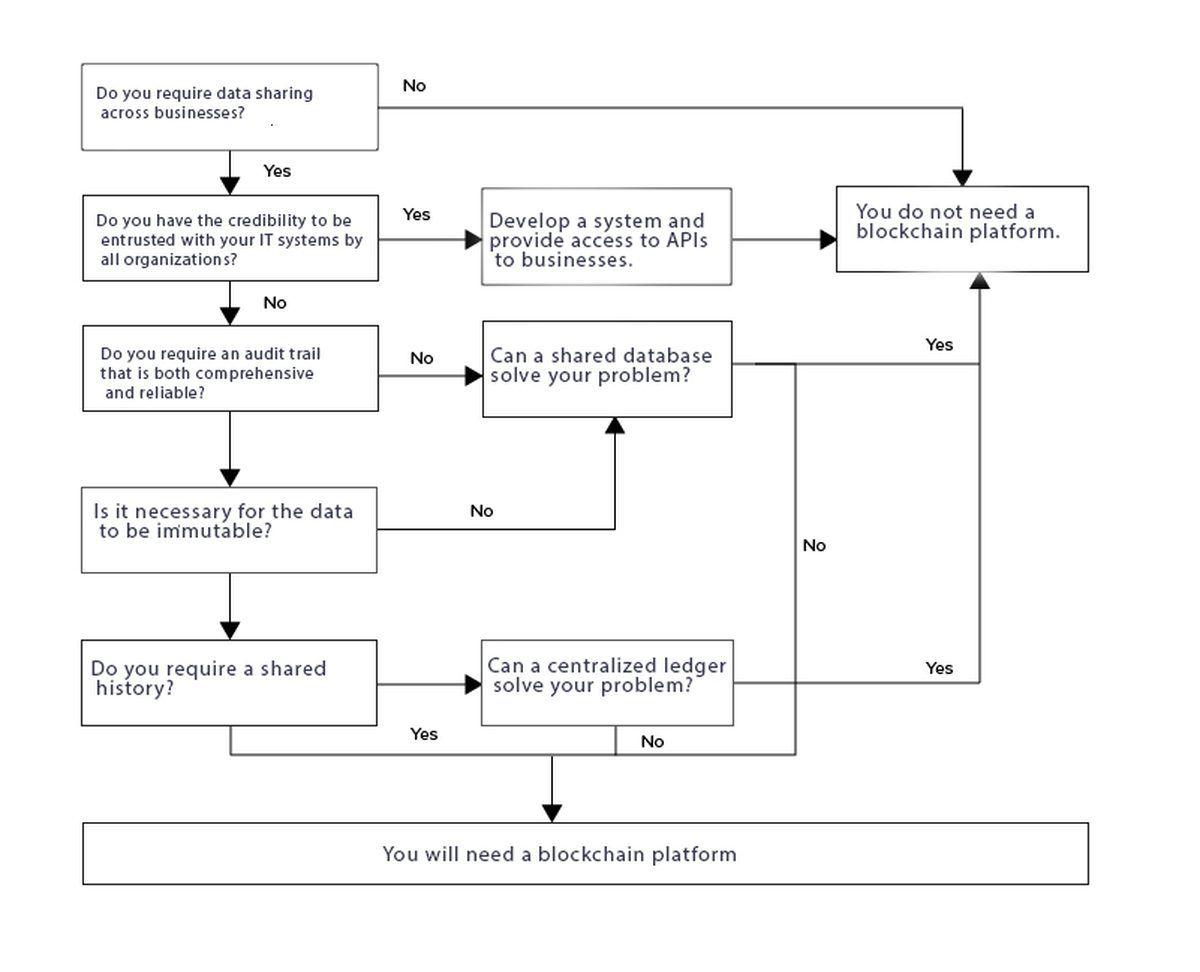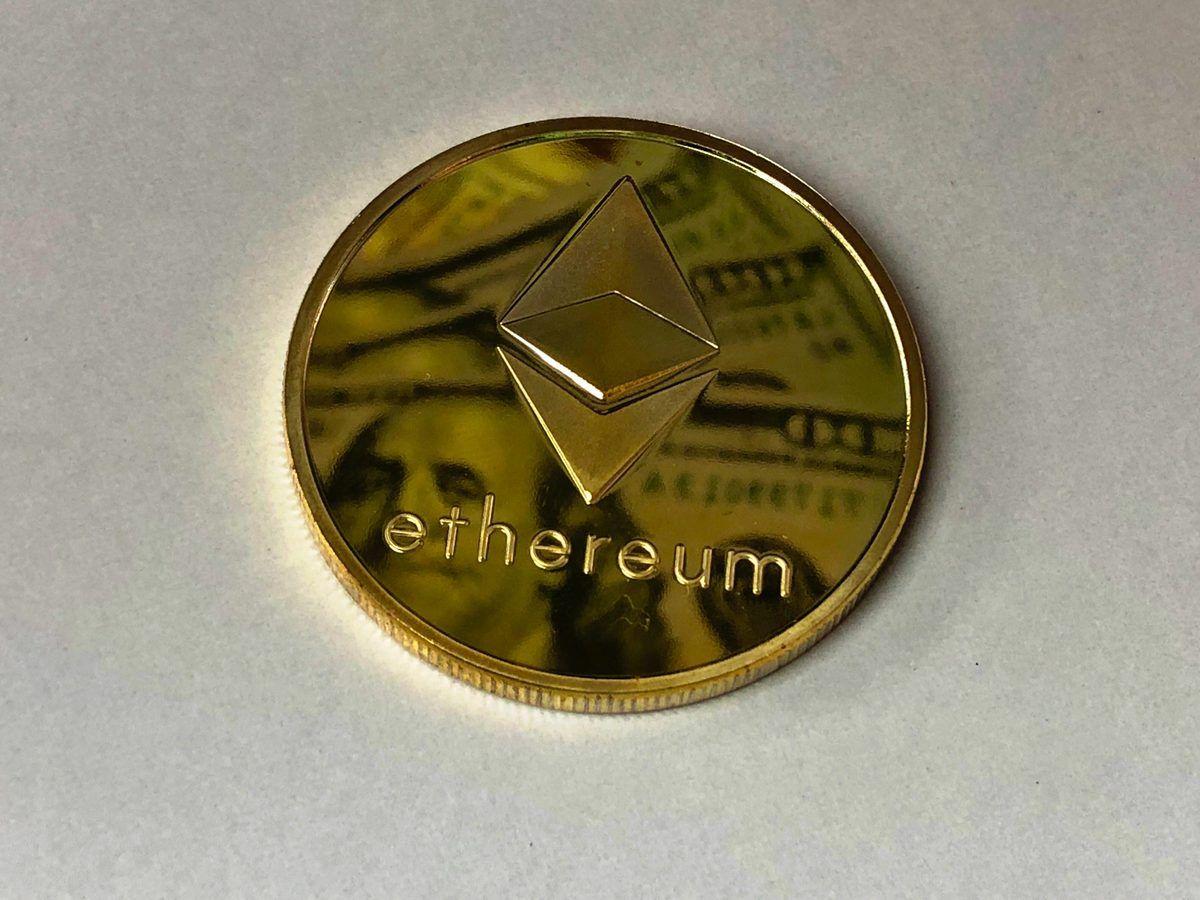Are you looking for the best blockchain platform? The blockchain market is anticipated to expand by 39.7 billion dollars in 2025, and this enormous development has created a dire need for blockchain platforms. Blockchain technology was first introduced with the debut of Bitcoin in 2009, and it has since grown to be one of the most well-known and mainstream technologies. Before we get started, here is a list of the best blockchain books in 2022 for better understanding. You may have heard about the blockchain talent gap and started asking what is a blockchain developer. But unfortunately, you find some blockchain implementation challenges and security issues. This is exactly why we are exploring the best blockchain platforms.
Best blockchain platforms for the best results
Around the world, revolutionary changes in blockchain technology are taking place. You’ll find blockchain applications in nearly every sector, regardless of what industry you’re examining. Many firms use blockchain to develop in the supply chain, healthcare, logistics, finance, and other industries.
The major goal of blockchain applications is to make business procedures more transparent and effective. Businesses are beginning to grasp the potential of blockchain technology and its usefulness in boosting their operations. If that’s what you want, we can go over what blockchain platforms are in a nutshell.
What is a blockchain platform?
Blockchain platforms are still in their early phases and, in many cases, resemble core blockchain technology. They’re being used to perform generalized distributed value transfers using an expanding set of cryptographically sealed, unchangeable transactions shared by all network participants. Each record includes a time stamp as well as links to prior transactions. It’s a decentralized state transition machine that keeps track of the life cycle of digital assets and records activities in a distributed ledger immutable.

With organizations starting to explore blockchain’s potential by creating blockchain apps, the demand for blockchain platforms has never been higher. According to a study, the global blockchain market is anticipated to rise from USD 3.0 billion in 2020 to USD 39.7 billion in 2025, at a growth rate of 67.3 percent between 2020 and 2025. As a result, the requirement for secure and quick development of the blockchain-enabled ecosystem is constantly increasing. This rise also shows itself in the appearance of blockchain platforms.
How many blockchain platforms are there?
There are already at least 1,000 blockchains for 4 types of blockchain networks.
While blockchain’s primary goal is to facilitate a single data transfer, several platforms are available in the field. Many solutions, such as supply chains, cryptocurrencies, decentralized exchanges, smart contracts, central bank money, and so on, employ it.
Blockchain technology is fast becoming a powerful tool for business applications. One example is the huge Depository Trust & Clearing Corporation, better known as DTCC. The organization keeps track of 90 million transactions per day involving most of the world’s securities worth $48 trillion – ranging from stocks and bonds to mutual funds and products.

So it is not only for cryptocurrency. There are numerous other non-currency blockchains to think about it.
With over 12,000 live cryptocurrencies based on blockchain architecture and a growing number of active blockchains, the number of active blockchains is increasing daily. So, we need to do some research and comparisons to select from. Let’s start by determining whether you require blockchain software.
Do you need a blockchain platform?
The decision tree will tell you whether or not you need a blockchain platform:

If you need one, it’s time to do some research! Don’t worry; you will find a list of blockchain platforms in 2022 below.
Blockchain networks: Top blockchain platforms in 2022
Blockchain technologies can serve several new purposes beyond cryptocurrencies and bitcoin. The technology’s capacity to provide more transparency and fairness while also saving firms time and money impacts various sectors, from how contracts are fulfilled to making government operations more efficient.
Rather than cryptocurrencies, there are several blockchain use cases, such as blockchain gaming. So, let’s take a closer look at the best blockchain platforms.
IBM Blockchain
IBM has been among the first firms to utilize the blockchain to create efficient and transparent business operations. The IBM blockchain platform is a well-known tool. This platform offers a managed and full-stack blockchain-as-a-service solution that allows users to combine their blockchain components in any way they choose. Users may use this IBM blockchain platform to create, utilize, and develop their own blockchain network.
The IBM Blockchain development tool was created to be adaptable, efficient, and user-friendly. To ease critical operations such as setup, testing, and rapidly deploying smart contracts, IBM has also invested in a user-friendly interface.
Chainalysis KYT
The latest buzzword in the bitcoin world is “KYT,” which stands for Know Your Transaction. It’s a platform that offers an easy-to-use interface, real-time APIs, and industry-leading blockchain intelligence. It aids organizations in streamlining manual processes, staying compliant with local and global laws, and safely engaging with cutting-edge technologies like DeFi.
Tron
Another decentralized blockchain system, Tron, seeks to build a decentralized web. Like Ethereum, Tron lets developers use complete protocols through smart contracts on the blockchain. Tron can handle 2000 transactions per second, which is more than enough for most payment processors like PayPal. Furthermore, there are no transaction costs with Tron.
Tron’s primary feature is its high scalability, which allows it to support thousands of transactions per second. Tron was designed with high-scale capabilities in mind and used the Delegated Proof of Stake consensus mechanism for enhanced blockchain security. There are various methods to put up a DApp on the Tron network. Currently, Tron is one of the most rapidly expanding public chains.
High throughput, high scalability, and compatibility with the EVM (Ethereum Virtual Machine) are some key factors contributing to the Tron network’s popularity.
Stellar
Stellar is a decentralized network that allows the saving and transfer of money. It enables you to generate, trade, and send digital representations of all types of money, including dollars, bitcoin, pesos, and many more.
Most banks are experimenting with blockchain technology to provide transparent, seamless, and safe services. Stellar is a blockchain platform that can assist you to create secure and quick fintech applications, tokens, and digital assets for financial assets.
It’s a decentralized network for money and cryptocurrency. It has no owner; the public is the ultimate owner of anything it possesses. Every day, it can process millions of transactions. Like Ethereum and Bitcoin, Stellar is based on blockchain technology to keep the network up to date.
The Stellar platform may be used to create your own assets, trade peer-to-peer tokens, and transform currency while sending.
Ethereum
Ethereum is a blockchain platform that Vitalik Buterin introduced in 2013, and it is one of the oldest and most well-known blockchain networks. It delivers a decentralized blockchain with properties similar to Bitcoin’s network.

Ethereum is a decentralized platform that runs smart contracts. It’s commonly used because it’s one of the most popular blockchain systems. It allows customers to develop new financial apps, decentralizes markets, establishes gaming environments, and so on. The major objective of this technology is to eliminate third-party access that collects data for further financial instrument analysis. Today, Ethereum has the greatest community of fundamental protocol builders of any blockchain system.
MultiChain
Open-source Bitcoin variant MultiChain is a type of Bitcoin that’s open source. It’s easy to use and may be utilized to create bespoke blockchains, both private and public. It includes a carefully chosen combination of features and enhancements geared toward commercial and corporate users. Local assets integration and the ability to store larger amounts of random data appear to be beneficial. Consensus-based permitting for consortial blockchains is a distinct approach, although it is based on consensus. The chain could be modified by updating the multichain-util text file before starting multichain; parameters cannot be changed after the network has been fully established. So, do this before.
EOS
Another secure and scalable blockchain technology for developing dApps is EOS. This platform can be referred to as an extended version of Ethereum and Bitcoin blockchains since several characteristics are supported in EOS that is not available in either.
EOS is a blockchain network that allows smart contracts, hosting for dApps, and decentralized storage of business solutions to address scalability limitations. You may create a finance app on EOS that performs transactions at a lower rate. The developers can also develop executable smart contracts according to company needs.
The EOS blockchain enables developers to expand on their concepts by building various apps on the blockchain network. You may quickly create contemporary finance applications, games, business solutions, and other items.
Hyperledger Fabric
Building apps or solutions with a modular architecture, the goal of Hyperledger Fabric is to provide a framework for creating such software. Components like membership services and consensus may be connected in a plug-and-play manner. It features a wide range of modular and adaptable designs that cater to several industrial use cases.
Establishing a network of networks is one of the key characteristics of Hyperledger Fabric. Members of the Fabric network collaborate, but since firms want to keep some of their data private, they generally maintain distinct ties within their networks.
Hyperledger Sawtooth
Hyperledger Sawtooth is a Linux Foundation- and Hyperledger-sponsored open-source blockchain project that uses a new voting strategy known as Proof of Elapsed Time. This innovative method may be used with hardware-based security technologies to allow “trusted execution environments” for program code to execute in stable strongholds and encrypted computer memory locations.
Klaytn
Klaytn is a global public blockchain platform designed by Ground X, Kakao’s blockchain subsidiary. Klaytn, a blockchain developed by Kakao, is structured as a modular network with adaptable network architecture, making it an appealing business blockchain choice. Its modular network design makes it simple for businesses to construct and operate service-oriented blockchains based on the Klaytn framework. Klaytn’s enterprise-friendly environment is built on Service Chains, which autonomously run sub-networks at the platform’s base. Because of Klaytn’s flexibility and customizability, any online service may be created on it. Efforts focused on gambling or financial speculation, however, are not allowed.
Ripple
Ripple’s enterprise-grade solutions are faster, more transparent, and more cost-effective than traditional financial services because of its proven crypto and blockchain know-how developed over a decade. Ripple users utilize these tools to acquire crypto, facilitate immediate payments, give power to their treasury, engage new audiences, lower capital requirements, and generate new income.

XDC Network
XDC Network is a versatile hybrid blockchain platform that connects public and private blockchains via cross-chain smart contracts to provide enterprises with both benefits. XDC Network is a decentralized and liquid network that utilizes interoperability. It digitalizes and tokenizes trade transactions, increasing efficiency while minimizing reliance on complicated FX infrastructures.
Blockchain platform comparison
Your demands determine the effectiveness of blockchain platforms. However, the top five services, according to Gartner’s voting, are as follows:
Top blockchain companies
These are some of the best blockchain companies:

Amazon
Amazon Web Services has blockchain technology available to help businesses use distributed systems without developing them from the ground up. This is a good strategy for maintaining market dominance in cloud computing, Amazon’s most profitable business sector, with an operating profit of $7.3 billion in 2018.
Change Healthcare, Workday HR management software provider, and the DTCC clearinghouse are examples of clients of Amazon cloud services.
Blockchain platforms: Hyperledger Fabric, Ethereum.
Anheuser-Busch InBev
The world’s one of the largest brewers is a part of a pilot program in which customers may put their driver’s licenses on the blockchain and purchase beer from the vending machine simply by scanning their phones. With BanQu and the aid of the blockchain platform, AB InBev communicates with local farmers who do not have bank accounts in Africa, one of the fastest-growing beer markets in the world. This might allow AB InBew to work more quickly and with additional farmers to develop its business in Africa.
Blockchain platforms: Ethereum, Corda.
BBVA
In November last year, the second-largest bank in Spain announced the first syndicated blockchain-based loan under a $170 million deal with Red Eléctrica Corporación, Spain’s grid operator. Furthermore, worldwide syndicated loans worth almost $5 trillion are distributed yearly, so blockchain technology’s transparency, safety, and efficiency may play a significant role.
Blockchain platforms: Hyperledger Fabric, Corda, Ethereum.
How to choose a blockchain platform?
When deciding on the best blockchain platform for your business, think about the following things.

Type of Blockchain you need
When determining which blockchain platform to use, you must first identify the appropriate blockchain for your application. If you want your participants to be authorized before participating in the network, you’ll need a permissioned network. As a result, you must decide whether you require a permissioned or permissionless blockchain.
Languages supported by the platform
If you have a team of in-house developers, choose a platform that supports their preferred languages. You could search for a platform that works with different programming languages, such as Python, Java, Javascript, and others.
Security
Many organizations need to safeguard sensitive information, and a lack of security can be detrimental. Choose a platform that maintains protection to ensure no security breaches occur. EOS and Hyperledger Fabric are two of the most popular platforms for handling security.
Smart Contracts functionality
Not every blockchain platform supports smart contracts, which are useful in validating, enforcing, or triggering activities on the blockchain network.
Are you ready to choose one?






